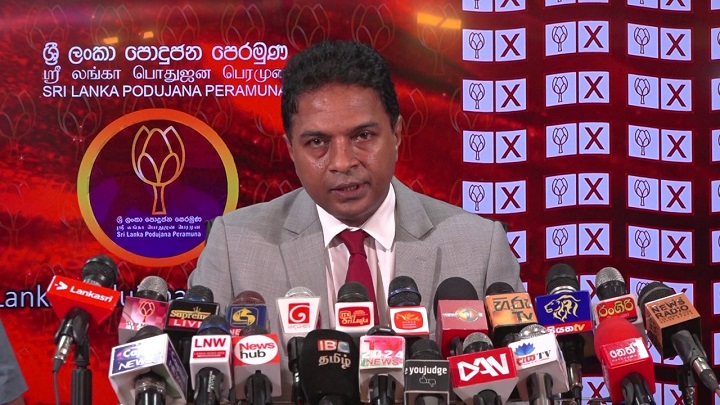
Sri Lanka’s ruling party has blamed the Tamil Tigers for the recent surge in protests and strikes across Sri Lanka despite over a decade passing since the end of the armed conflict.
Sri Lanka Podujana Peramuna (SLPP) general secretary S. Kariyawasam told reporters on Monday, “the same groups who tried to prevent the war victory have come out today to create a wave of protests and strikes in the country.”
Commenting on the unrest in Sri Lanka the Economist has highlighted the wide-reaching discontent with the current government
“Farmers decry Gota’s ill-considered push for organic farming free of imported fertiliser. Others call for justice for the civil war’s victims. Activists who recently took to the streets against the expansion of a military-backed university that is exempt from national oversight were bundled away for supposedly breaking coronavirus restrictions and given 14 days’ enforced quarantine. In response, the country’s teachers have gone on strike" the Economist writes.
Read more here: Rajapaksa dynasty is not as secure as it appears – The Economist
Sri Lankan officials have repeatedly attempted to link the Liberation Tigers of Tamil Eelam (LTTE) and former LTTE cadres to several criminal investigations following the armed conflict. Human rights activists have stressed that former cadres are victimised and harassed by the state, with many calling out excavation operations to recover weapons as a ploy to normalise the militarisation of the North-East, whilst using the widely condemned Prevention of Terrorism Act (PTA) to detain individuals without charge under the guise of national security.
In June, a UK Court defined the Sri Lankan government as “an authoritarian regime with a poor human rights record and a hostile attitude towards Tamil separatism” and noted, “[Sri Lanka] draws no material distinction between the violent means of the LTTE and non-violent political advocacy.”
Read more here: How a landmark British ruling may save Tamil activists from deportation to Sri Lanka


